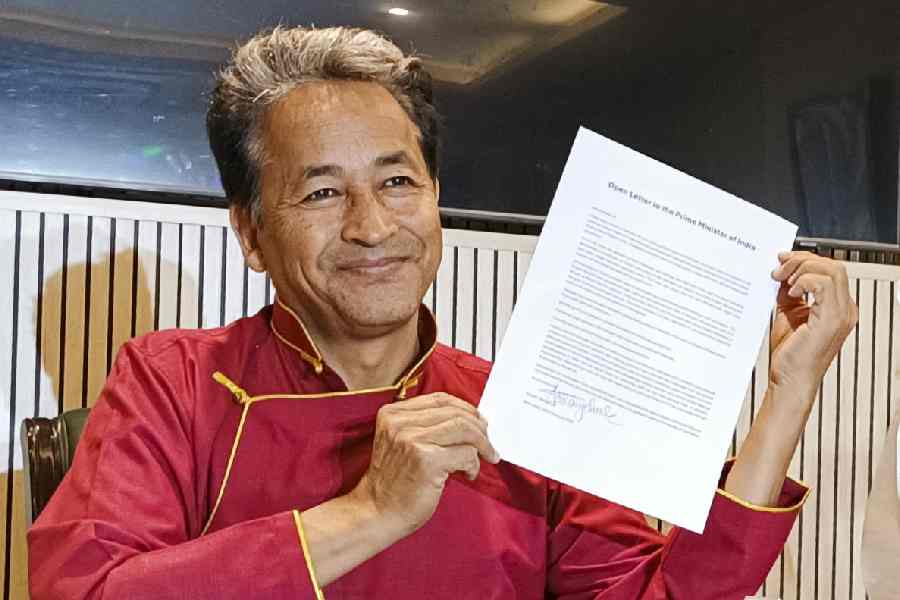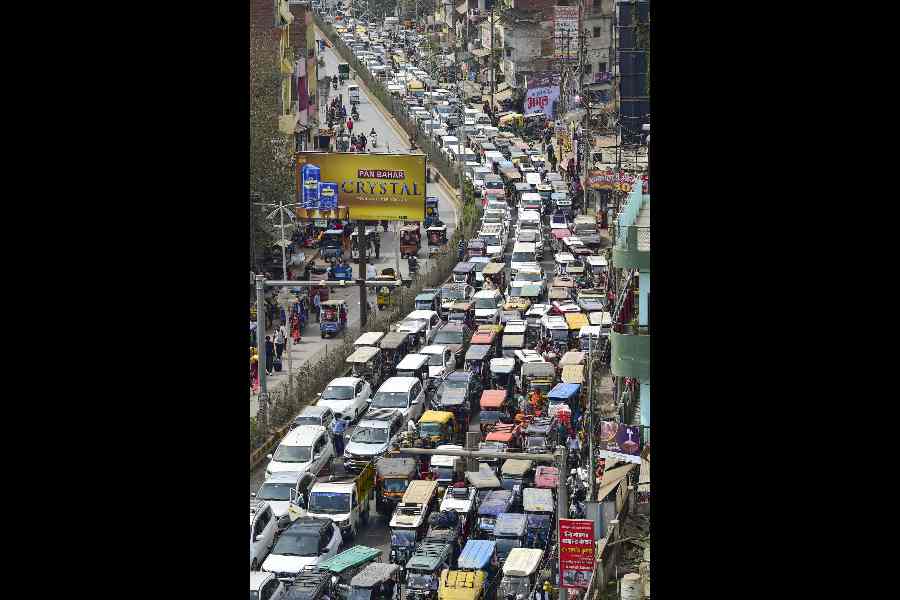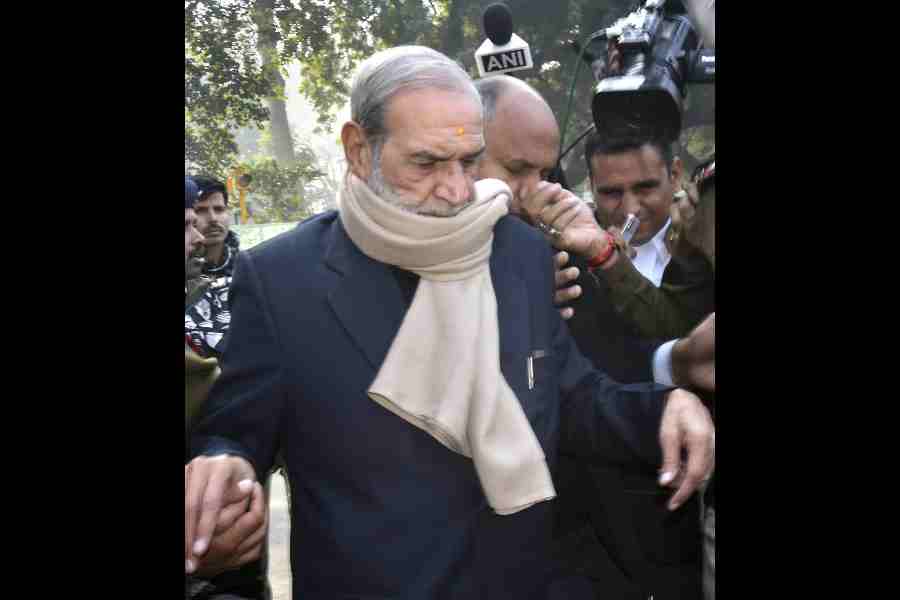Robert Mugabe, the bush war guerrilla who led Zimbabwe to independence in 1980 and crushed his foes during nearly four decades of rule as his country descended into poverty, hyperinflation and unrest, died on Friday. He was 95.
He was one of the most polarising figures in his continent’s history, a giant of African liberation, whose rule finally ended in ignominy when he was overthrown by his own army. He died in Singapore, where he had long received medical treatment.
“It is with the utmost sadness that I announce the passing on of Zimbabwe’s founding father and former President, Cde (Comrade) Robert Mugabe,” a post on President Emmerson Mnangagwa’s official Twitter account said.
Mnangagwa cut short a trip to a World Economic Forum meeting in South Africa to return home, a government official said.
Tributes poured in from African leaders. South Africa’s government mourned a “fearless pan-Africanist liberation fighter”. Kenya’s President Uhuru Kenyatta hailed a “man of courage who was never afraid to fight for what he believed in, even when it was not popular”.
At home, even foes paid respects.
“He was a colossus on the Zimbabwean stage and his enduring positive legacy will be his role in ending white minority rule & expanding a quality education to all Zimbabweans,” tweeted David Coltart, an Opposition senator and rights lawyer.
But others said his legacy was overshadowed by the harm he did to his people.
“We of course express our condolences to those who mourn, but know that for many he was a barrier to a better future,” said a spokeswoman for Boris Johnson, Prime Minister of Britain, Zimbabwe’s former colonial power.
“Under his rule the people of Zimbabwe suffered greatly as he impoverished their country and sanctioned the use of violence against them.”
On the streets, the response was mostly more generous.
“He was iconic, he was an African legend. His only mistake was that he overstayed in power. You can’t have somebody that’s 89 and 90 still being the President, you have to give others a chance,” said Harare resident Onwell Samukanya.
“He was a good leader,” said another resident, Sellina Mugadza. “Of course we know that you cannot do good to everyone, but to me he was good.”
Born on February 21, 1924, on a Roman Catholic mission near Harare, Mugabe was educated by Jesuit priests and worked as a primary school teacher before going to South Africa’s University of Fort Hare, then a breeding ground for African nationalism.
Returning to then-Rhodesia in 1960, he entered politics and was jailed four years later for a decade for opposing white rule. When his infant son died of malaria in Ghana in 1966, Mugabe was denied parole to attend the funeral, a decision that historians say added to Mugabe's subsequent bitterness.
After his release, he rose to the top of the Zimbabwe African National Liberation Army guerrilla movement.
“You have inherited a jewel in Africa. Don’t tarnish it,” Tanzanian President Julius Nyerere told him.
His departure from power failed to lift Zimbabwe’s economy, however, which remains in its worst economic crisis in a decade. Triple-digit inflation, rolling power cuts and shortages of US dollars and basic goods have revived memories of the Mugabe era. Reuters










